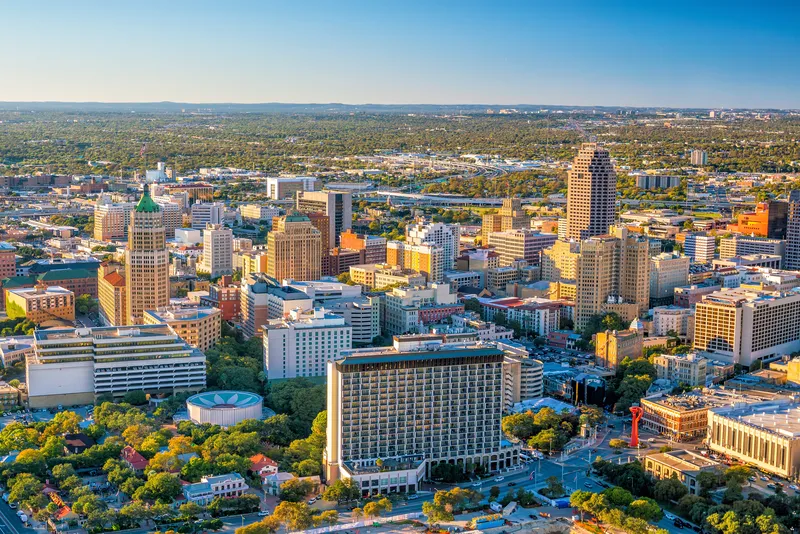US transportation secretary Anthony Foxx has announced a Transportation Infrastructure Finance Innovation Act (TIFIA) loan for US$275 million to build new reversible lanes along I-75 and I-575. The 29.7-mile-long project will relieve congestion along the heavily trafficked corridor during morning and evening peak periods. The loan will go toward the US$833.7 million total cost of the project.
The corridor has long been recognised as one of the Atlanta region’s most congested travel corridors with over 4
November 26, 2013
Read time: 2 mins
US transportation secretary Anthony Foxx has announced a Transportation Infrastructure Finance Innovation Act (TIFIA) loan for US$275 million to build new reversible lanes along I-75 and I-575. The 29.7-mile-long project will relieve congestion along the heavily trafficked corridor during morning and evening peak periods. The loan will go toward the US$833.7 million total cost of the project.
The corridor has long been recognised as one of the Atlanta region’s most congested travel corridors with over 400,000 residents in the area. It is also one of the most economically important areas in the region containing several of the region’s major activity and employment centres, including Cumberland Galleria, Marietta, and Town Center. The area is home to a sizeable share of the metro region’s population as well as several business centres, large regional shopping malls, Dobbins Air Force Base, and numerous large corporations.
“The new reversible lanes on I-75 and I-575 will help commuters and businesses alike by easing congestion on one of the city’s most gridlocked highways,” said Secretary Foxx. “It’s a great example of the Obama Administration’s efforts to invest in projects that will meet the transportation challenges of our growing nation.”
“This is a primary route for people commuting to downtown and Midtown Atlanta, and the new lanes will give drivers more choices and improve their commutes,” said Federal Highway Administrator Victor Mendez.
The corridor has long been recognised as one of the Atlanta region’s most congested travel corridors with over 400,000 residents in the area. It is also one of the most economically important areas in the region containing several of the region’s major activity and employment centres, including Cumberland Galleria, Marietta, and Town Center. The area is home to a sizeable share of the metro region’s population as well as several business centres, large regional shopping malls, Dobbins Air Force Base, and numerous large corporations.
“The new reversible lanes on I-75 and I-575 will help commuters and businesses alike by easing congestion on one of the city’s most gridlocked highways,” said Secretary Foxx. “It’s a great example of the Obama Administration’s efforts to invest in projects that will meet the transportation challenges of our growing nation.”
“This is a primary route for people commuting to downtown and Midtown Atlanta, and the new lanes will give drivers more choices and improve their commutes,” said Federal Highway Administrator Victor Mendez.









